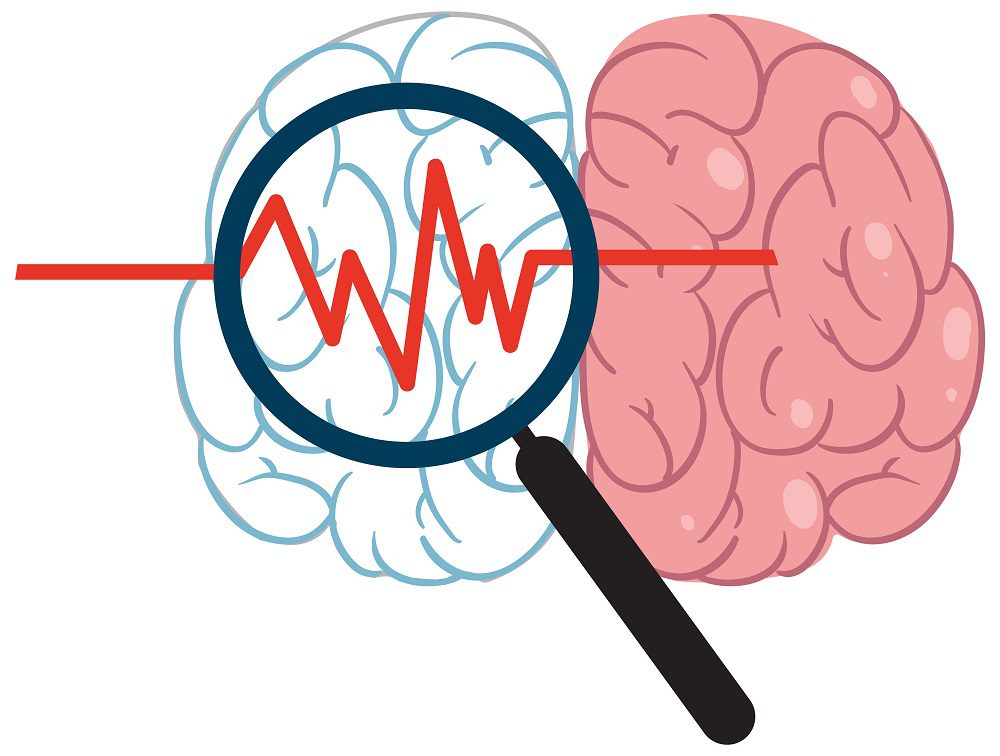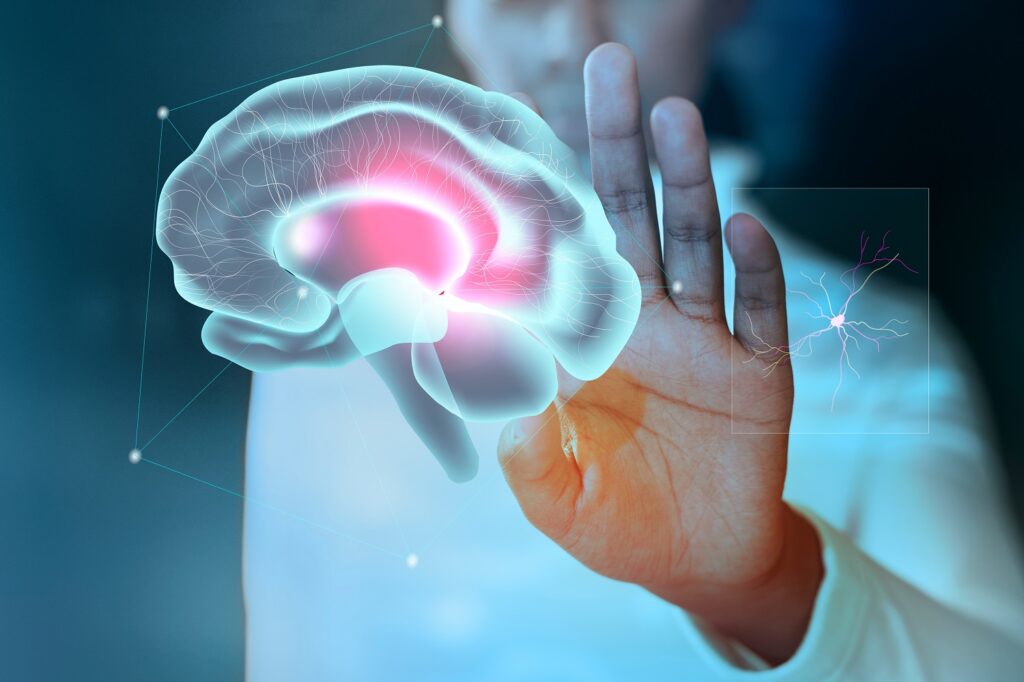Emerging brain technologies have significantly transformed human life in recent decades. For instance, the closed-loop brain-computer interface (BCI) is an advanced software-hardware system that interprets electrical signals from neurons, allowing communication with and control of the environment. The system then transmits these signals as controlled commands and provides feedback to the brain to execute specific tasks. These techniques have demonstrated great potential in improving the quality of life for patients suffering from neurodegenerative or psychiatric diseases such as Alzheimer’s and Parkinson’s disease, dementia, and depression.
In total, 76 studies were shortlisted and analyzed to illustrate how closed-loop BCI can considerably improve, enhance, and restore specific brain functions. The analysis demonstrates that the applications of closed-loop BCI are highly beneficial, and the technology is continually evolving to improve the lives of individuals with various ailments, including those with sensory-motor issues or cognitive deficiencies. By utilizing emerging techniques of stimulation, closed-loop BCI can safely improve patients’ cognitive and affective skills, resulting in better healthcare outcomes.















